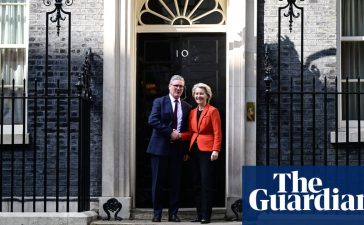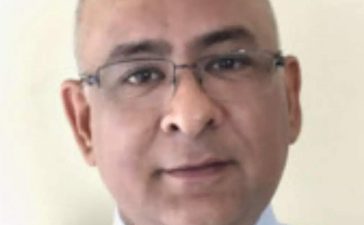The Andrews government has committed to formally apologising to victim-survivors of child sexual abuse in Victorian public schools.
After the death of cardinal George Pell, former students who suffered abuse at the hands of paedophile teachers in state schools in the 1970s renewed their push for formal recognition by the Victorian government.
The government on Friday said an apology for children abused in institutional care will take place later this year, and will include recognition of the harm suffered in state schools.
Glen Fearnett, who says he was abused by teacher Gary Mitchell while a student in Beaumaris primary school in Melbourne’s south-eastern suburbs in 1972, said he was “thrilled” an apology would be made.
“I hope we can open a positive dialogue to get to a full understanding of the scale of what has taken place in state institutions,” he said.
“It [the apology] means we’ve been believed. It’s a form of closure, that we can put a full stop to this because we’ve been heard.”
Fearnett will meet Daniel Andrews on Monday. Guardian Australia understands the premier has extended the invite to other survivors from Beaumaris primary school.
Since the late 1990s, Mitchell has been sentenced five times for child sex offences stretching from 1967 to 2001.
Fearnett is just one of several former Beaumaris primary school students who have alleged abuse and are currently pursuing legal action against the Department of Education. Police investigations are ongoing.
John Rule, a lawyer with Maurice Blackburn, is handling several of the cases against the Department of Education and said the apology was “just the first step” in creating necessary reform.
“The education department is falling behind the rest of the Victorian government, which has been very good at issues of historical abuse,” he said.
“I hope this apology is the first step in the government trying to get the education department to catch up with the reforms that it has made. The education department needs a cultural change in the way it deals with the litigation process and redress process.”
Rule previously told Guardian Australia the department had developed a reputation for being “aggressive” in defending claims.
In September 2022, the justice party MP Stuart Grimley called for the premier to publicly apologise to victim-survivors of child sexual abuse within government schools between the 1960s and 1990s.
Before November’s election, the government unveiled a long-awaited redress scheme for children who suffered physiological and psychological harm under state care in institutions like orphanages and missions.
The state redress scheme will build on the national redress scheme available for abuse survivors. Andrews has also committed to delivering a formal apology to those abused in institutional care.
On Friday, a spokesperson for the Victorian government confirmed the premier’s apology would include those abused in state government schools.
“When survivors of sexual abuse come forward, we respond compassionately and sensitively to their circumstances – with personal apologies and acknowledgments, direct personal responses when survivors access the National Redress Scheme, and written personal apologies when a formal claim is resolved,” the spokesperson said.
Guardian Australia has revealed that almost 400 civil claims have been filed against the state government relating to historical sexual abuse in government schools in the past 12 years. The 381 claims related to abuse that occurred in state schools between 1960 and 2018 and more than half have been settled out of court.
In 2006, the former Labor premier Steve Bracks apologised to Victorians who had been placed in out-of-home care. The former prime minister Scott Morrison, in 2018, delivered a national apology that recognised victims of institutional child sexual abuse.











